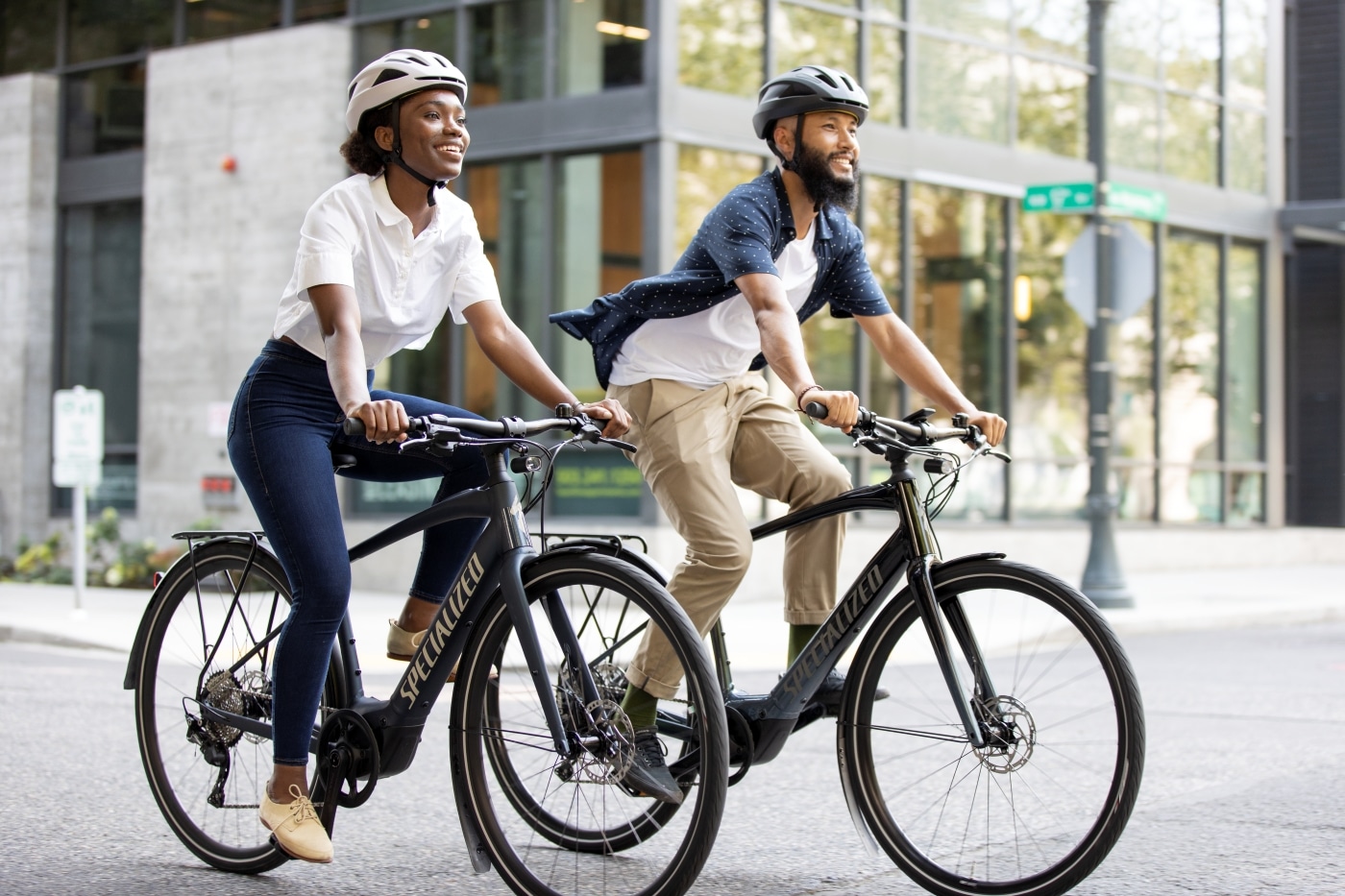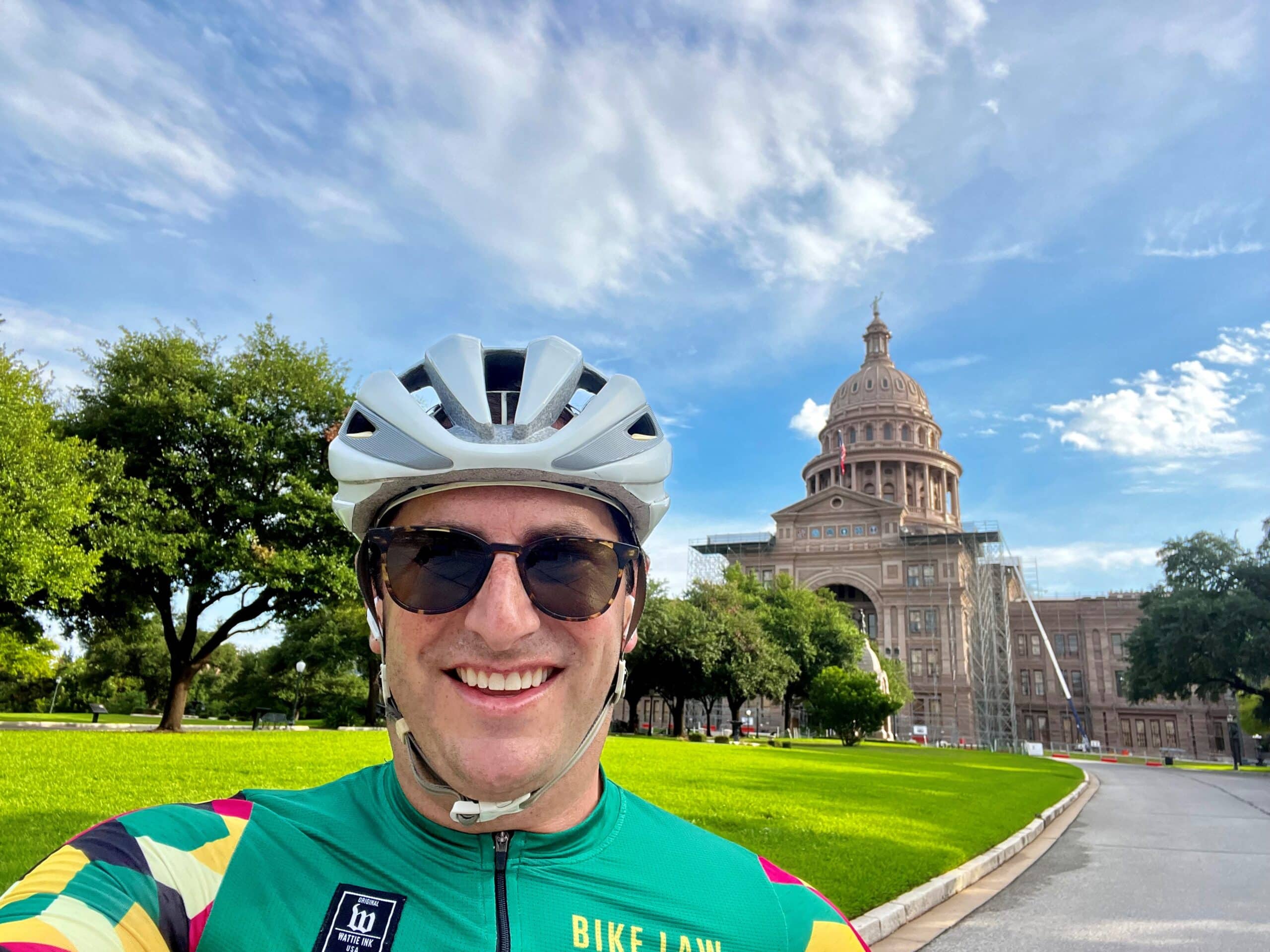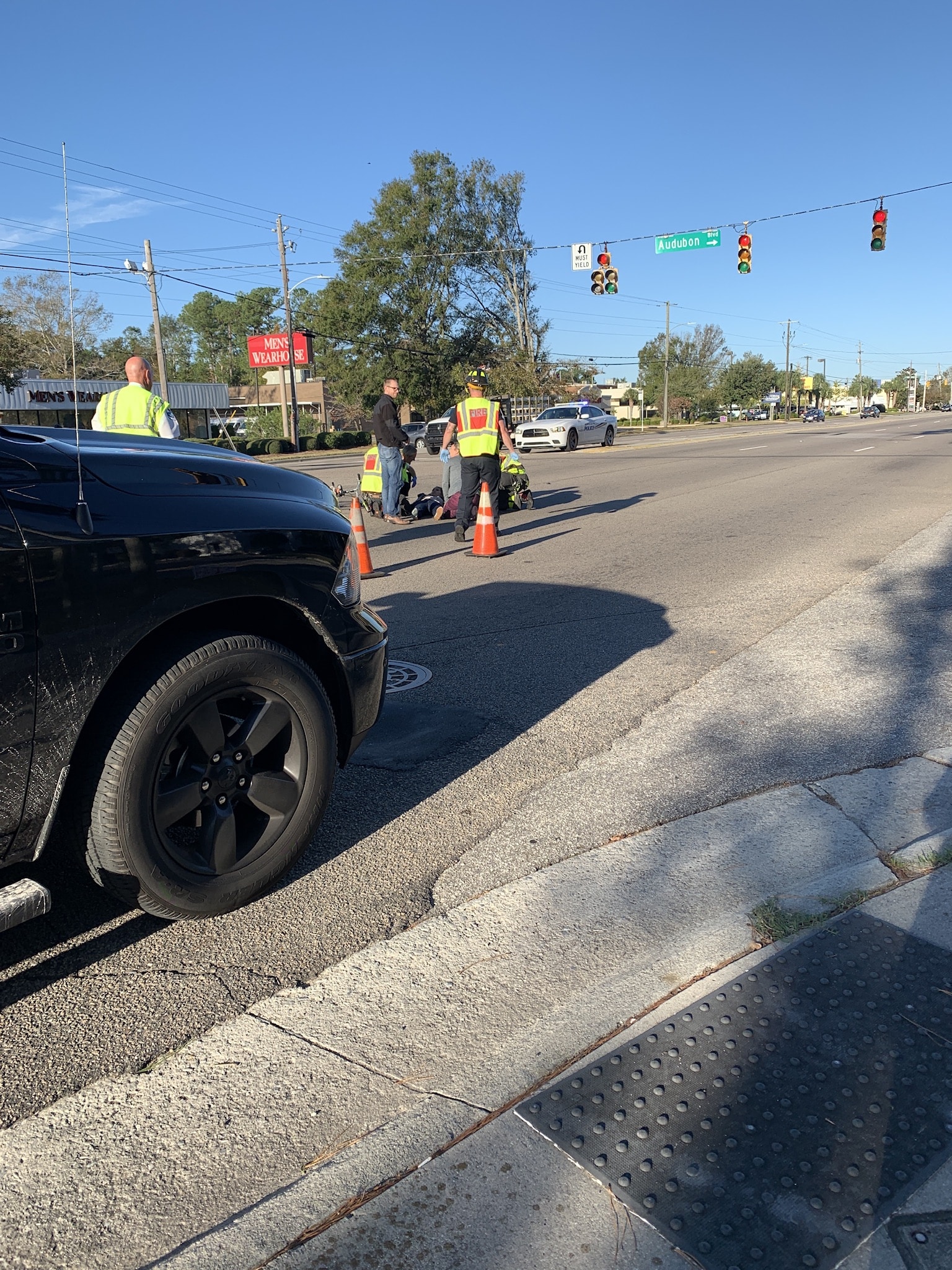No, they are not. And they should be!
The first issue is that many bicycle crashes are not being reported into the State of Maine Crash Database, which leads to incomplete and inaccurate state-wide crash reporting data and arguably also leads to uninformed priority setting and budgetary decisions. The crashes that are unreported and/or underreported on a state level are sometimes, but not always, reported locally as “incidents,” “crimes” or other events. In some cases, there is a local or municipal incident report, criminal report, animal control officer report or some other type of record of the crash. However, because these records (when they are even made) never leave the local level, they are not incorporated into the Maine Crash Database and we end up without a centralized bicycle crash database. The crashes that go unreported on a state level generally fall into these categories:
- “no contact” crashes (e.g. crashes where a car runs a bicyclist off the road, turns in front of or next to a bicyclist and the bicyclist takes an evasive action and crashes);
- “minor” bodily injury crashes (e.g. crashes were a bicyclist is not transported to the hospital from the scene; crashes where the cyclist or officer does not immediately identify a significant head injury; crashes where bicyclist goes into “superman” or “superwoman” mode and reports being okay, when s/he is not and needs to be checked out);
- “stationary” motor vehicle crashes (e.g. “dooring” crashes and crashes where bicyclist hits parked—or allegedly parked—motor vehicle);
- animal-related crashes (e.g. unleashed dog runs in front of bicyclist or attacks bicyclist; deer, squirrel and other wild animal crashes);
- work zone crashes (e.g. crashes caused by unmarked hazards in a work zone and/or failure to warn of upcoming work zone hazards);
- surface condition crashes (e.g. crashes caused by potholes, sand, gravel, etc.);
- “criminal” or “intentional” crashes (e.g. bicyclist harassment that results in a crash);
- “hit” and run crashes (both contact and no contact “hit” and runs, meaning sometimes the mv actually hits the bicyclist and leaves and sometimes the mv causes the bicyclist to be run off the roadway without actually colliding with the bicyclist and then leaves); and
- “mechanical” and/or user error crashes (e.g. brakes don’t work; bicyclist loses control of bike).
The second issue is that our crash reporting forms could be improved to ensure better reporting about bicycle crashes. There is not a standard form used across the country, and the quality of crash-report template varies widely. Studies have shown that templates can be improved to better record bicycle crashes.
The third issue is implementation and consistency of bicycle crash reporting among LEOs. Many officers simply do not understand bicycle law, bicycles, bicycle damage, bicycle injuries (including concussions and DVT—injuries that may not be readily apparent at the scene of the crash) and/or why it is critical that they preserve information and evidence regarding a bicycle crash, especially when the bicyclist is physically or mentally compromised after a crash. This is something that needs to be addressed with education and agency resources.
Accurate reporting of bicycle crashes is crucial to ensure fairness to cyclists and equity in transportation planning and funding. We will continue to push for better reporting.

Lauri Boxer-Macomber has been an avid rider for decades. Lauri’s Maine law practice is focused on advocating for the rights of bicyclists, pedestrians, and other vulnerable road users.
Lauri’s riding experience and legal training are complemented by her advocacy work. She is an active Board Member of the Bicycle Coalition of Maine, a Governor of the Maine Trial Lawyers Association, and a Member of the American League of Bicyclists. She also chairs the Bicycle Coalition of Maine’s Policy and Legislation Committee and is one of the founding members and facilitators of the Bicycle Coalition of Maine’s Law Enforcement Collaborative, a group of law enforcement officers, planners, bicycle advocates, and others who meet regularly with the goal of improving safety on Maine’s roadways.










